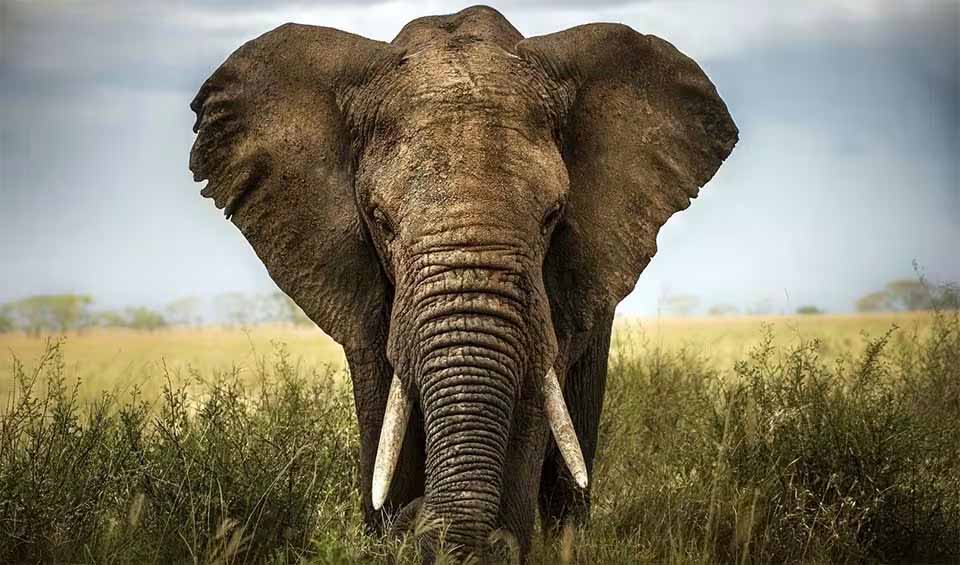Proboscidea – Elephants
Incredibly wise, astonishingly powerful, boundlessly empathic, and majestically massive – The Great Grand Tuskers!
The tragic tale of Isilo, once the grand patriarch of the elephant world, reveals a grim narrative that is all too common for these majestic creatures. His demise in 2014, with his tusks brutally removed, became emblematic of the perils that elephants face across the globe due to rampant poaching. The African elephant, a symbol of strength and memory, has suffered a catastrophic population decline, with numbers plummeting by an astonishing 90% over the past century. These intelligent beings, with their impressive physiques and deeply sentient spirits, are often entangled in a battle for survival, largely due to the high value placed on their ivory by illegal markets.
The elephant’s intelligence is extraordinary, with cognitive abilities that rival those of primates and cetaceans. They exhibit behaviors that suggest not only complex thought processes but also manifestations of emotions such as grief and joy. Their celebrated memory reinforces family bonds and enables them to thrive in their natural habitats, yet it also renders them vulnerable to the lasting trauma inflicted by human cruelty.
An elephant’s trunk is nothing short of a natural marvel, an appendage of wonder that serves multiple functions and showcases the evolutionary marvels of nature. This versatile tool is an elongation of their upper lip and nose, and with more than 40,000 muscles, it allows for an array of actions that are critical for their survival. The trunk’s dexterity permits delicate operations like picking a single leaf from a branch, while its strength can topple trees or fend off adversaries. Its sensitivity to scents enables elephants to communicate, find food, and sense water sources from miles away. It is also a vital instrument for social interactions, used in greetings, consolations, and even in the tender care of their young.
Families in this order
Incredibly wise, astonishingly powerful, boundlessly empathic, and majestically massive—The Great Grand Tuskers!

